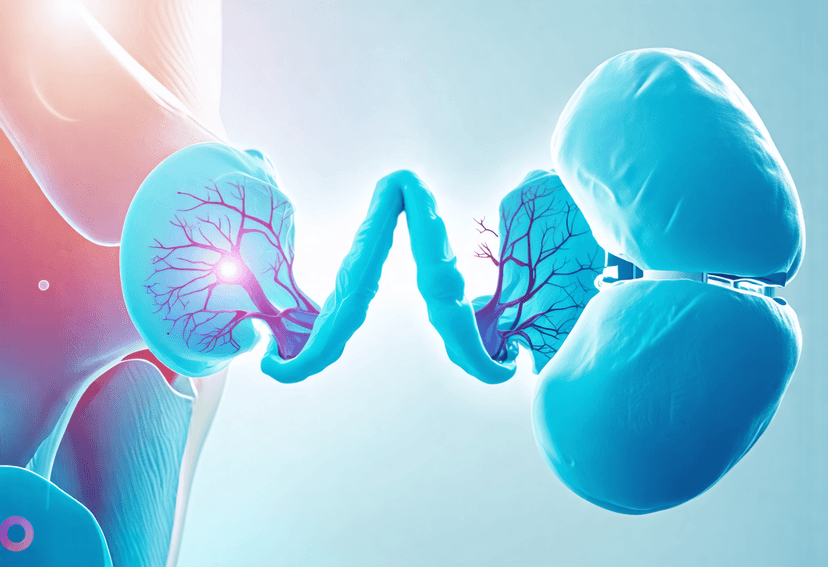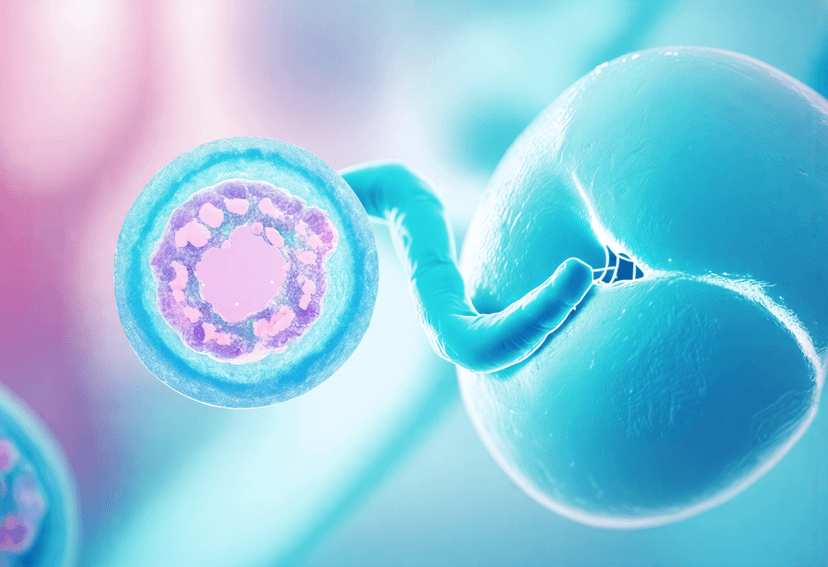
Cancer and Fertility: What You Need to Know
09 Oct, 2024
 Healthtrip
HealthtripA cancer diagnosis can be a life-altering experience, and for many, it raises concerns about fertility. The good news is that with advancements in medical technology and fertility preservation options, many people can still build the family they desire even after a cancer diagnosis. However, it's essential to understand the impact of cancer and its treatment on fertility and to take proactive steps to preserve fertility options.
How Cancer Affects Fertility
Cancer and its treatment can affect fertility in both men and women. The type of cancer, location, and treatment options all play a role in determining the impact on fertility. Chemotherapy, radiation, and surgery can all cause fertility issues, and in some cases, infertility. For women, cancer treatment can cause damage to the ovaries, leading to premature menopause or infertility. In men, cancer treatment can affect sperm quality, quantity, and motility.
Most popular procedures in India
The Impact of Cancer on Women's Fertility
In women, cancer treatment can cause fertility issues in several ways. Chemotherapy can damage the ovaries, leading to a decrease in egg quality and quantity. Radiation therapy can also damage the ovaries, and in some cases, cause premature menopause. Surgery to remove the uterus, ovaries, or other reproductive organs can also lead to infertility. Additionally, some cancer treatments can cause hormonal changes, which can affect ovulation and menstruation.
Wellness Treatments
Give yourself the time to relax
Lowest Prices Guaranteed!

Lowest Prices Guaranteed!
The Impact of Cancer on Men's Fertility
In men, cancer treatment can affect fertility by reducing sperm quality, quantity, and motility. Chemotherapy can damage the testicular tissue, leading to a decrease in sperm production. Radiation therapy can also damage the testicles, causing infertility. Surgery to remove the testicles or other reproductive organs can also lead to infertility. Additionally, some cancer treatments can cause hormonal changes, which can affect libido and erectile function.
Fertility Preservation Options
Fortunately, there are several fertility preservation options available for cancer patients. These options can help individuals preserve their fertility and increase their chances of having a biological child in the future.
Egg and Sperm Freezing
Egg and sperm freezing, also known as cryopreservation, involves freezing eggs or sperm for future use. This option is ideal for individuals who are not ready to start a family immediately but want to preserve their fertility for the future. Egg freezing is a more complex and expensive process than sperm freezing, but it can be an effective way to preserve fertility.
Embryo Freezing
Embryo freezing involves creating embryos through in vitro fertilization (IVF) and freezing them for future use. This option is ideal for individuals who have a partner and want to preserve their fertility. Embryo freezing can be a more expensive option, but it can increase the chances of having a biological child in the future.
Fertility Medications
Fertility medications can help stimulate ovulation and increase the chances of getting pregnant. These medications can be used in conjunction with fertility preservation options or on their own. However, it's essential to consult with a fertility specialist to determine the best course of treatment.
What to Expect During Fertility Preservation
The fertility preservation process can vary depending on the individual's situation and the type of preservation option chosen. However, most processes involve the following steps:
Consultation and Testing
The first step in the fertility preservation process is to consult with a fertility specialist. The specialist will conduct a series of tests to determine the individual's fertility status and recommend the best course of treatment. These tests may include semen analysis, hormone level checks, and ovarian reserve testing.
Ovarian Stimulation
For women, ovarian stimulation involves taking fertility medications to stimulate ovulation and increase the number of eggs released. This process can take several weeks and may involve regular injections and blood tests.
Egg or Sperm Retrieval
Once the eggs are mature, they are retrieved through a minor surgical procedure. For men, sperm is collected through a semen sample.
Freezing and Storage
The eggs, sperm, or embryos are then frozen and stored in a specialized facility for future use.
Emotional and Financial Support
Going through cancer treatment and fertility preservation can be an emotional and financially draining experience. It's essential to have a strong support system in place, including family, friends, and mental health professionals. Additionally, many organizations offer financial assistance and resources for cancer patients and their families.
Related Blogs

Transforming Lives with Advanced Fertility Care at Apollo Fertility Center, New Delhi
Get advanced fertility care at Apollo Fertility Center, New Delhi

What You Need to Know About Salpingectomy Recovery
Get informed about the recovery process after salpingectomy surgery

Cancer and Fertility Preservation: Options and Considerations
Learn about the options and considerations for fertility preservation in

Surgical Options for Cervical Cancer Treatment in India
Cervical cancer, a prevalent yet preventable disease, stands as a

Concerned About Fertility and Vaginal Cancer? What You Should Know
When it comes to women's health, the topics of fertility

Breast Cancer and Pregnancy: Navigating Care in the UAE
Breast cancer is a significant health concern worldwide, affecting women










